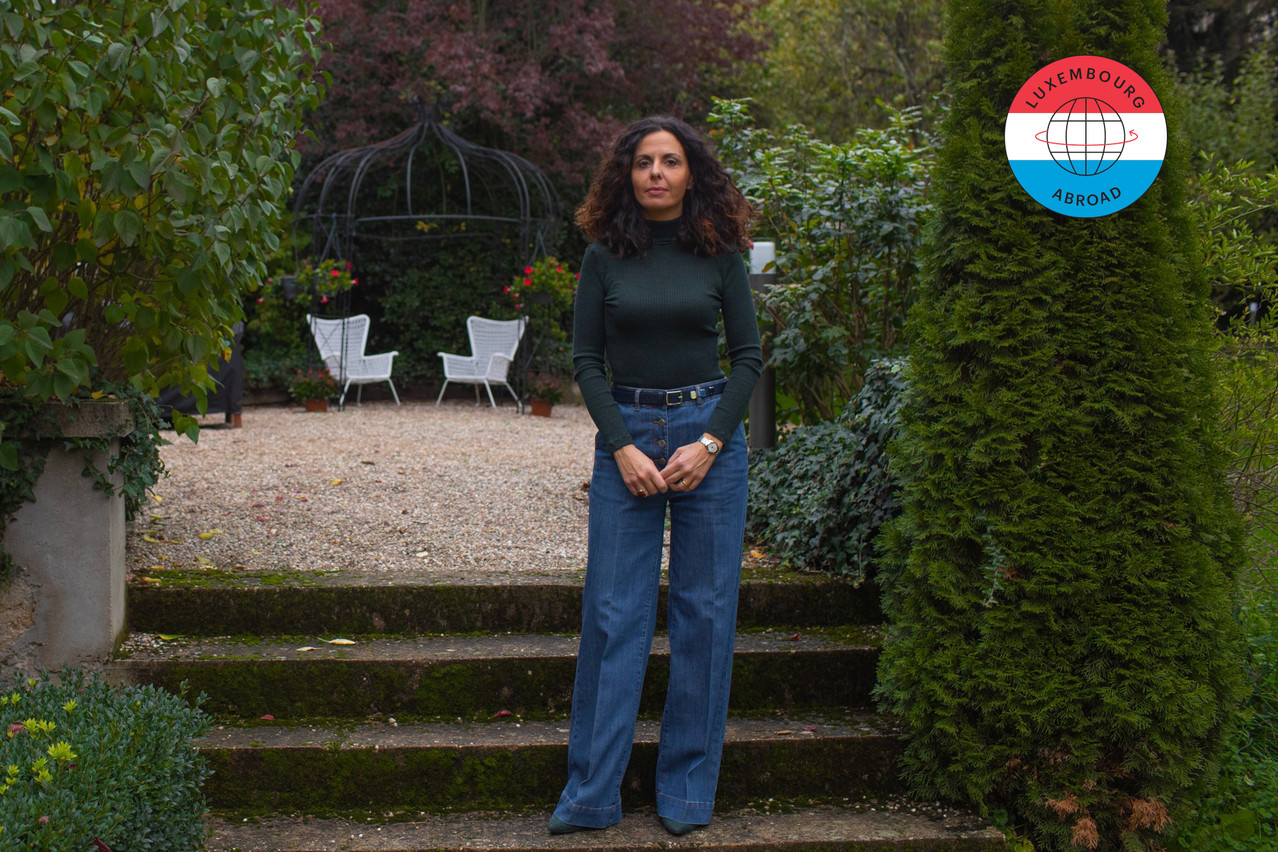Please tell us more about the conception and launch of the Universities Network for Children in Armed Conflict. Why did you decide to focus on this particular issue?
The protection of children in armed conflict and the urgent need to find even more effective measures to prevent violations against them represent very topical issues.
The Universities Network for Children in Armed Conflict, launched in November 2020, is the first international inter-university network committed to enhance the role of academic community in promoting synergies aimed at the protection of children involved in armed conflict.
It is active not only in the fields of training, research and dissemination but also in the promotion of good practices and in strengthening dialogue between different institutional and non-institutional actors in order to safeguard the rights of these particularly vulnerable children.
According to the UN Secretary-General’s latest report on children and armed conflict, published last June, in 2021 the UN verified almost 24,000 grave violations against children living in situations of armed conflict, but the actual number of violations against children in armed conflict is much higher considering all those that cannot be verified.
… the actual number of violations against children in armed conflict is much higher considering all those that cannot be verified
When we refer to children in armed conflict, we must take into account those directly involved in hostilities but also children who are indirectly affected such as, for example, all those who are forced to migrate from their habitual residence due to conflicts and often undertake this journey alone as unaccompanied minors.
The urgency of those phenomena has prompted us to work vigorously in identifying the best tools to encourage widespread awareness of this complex issue. For this reason, during these two years of work we have carried out numerous high-profile international activities including the organisation of conferences, seminars, training courses, awareness raising initiatives and publications.
How can the academic community help fill potential gaps in this area?
Currently, the Universities Network sees the participation of more than 50 universities and research centres from different geographical areas such as EU countries, the Balkan area, Africa, North America and the Middle East, some of which are located in conflict areas. This heterogeneity makes it possible to develop initiatives that pay great attention to the situation on the ground.
The work of the Network, based on a pragmatic and multidisciplinary approach, consists of promoting constant dialogue; working on research, training and raising awareness of young people; and proposing practical actions. The participation in these activities of professors and students who come from conflict zones certainly makes the projects promoted very rooted in concrete situations.
Who should attend the [the inauguration on 21 November is invite-only], and what outcomes do you expect from it?
The conference that the Network is organising here in Luxembourg on 21 and 22 November, in collaboration with the Unesco chair for human rights at the University of Luxembourg and under the patronage of the Italian Embassy in Luxembourg, takes place on the occasion of World Children's Day, which is celebrated every year on 20 November, the date of the adoption of the 1989 UN Convention on the Rights of the Child.
Read also
The aim will be to answer a question: how can children be protected in a multilevel international framework? This is the title of this two-day conference, which will see the participation as speakers, together with professors and researchers, of representatives of national and international institutions, international organizations, NGOs and civil society.
We are particularly honoured that HRH the , Unesco Goodwill Ambassador and Unicef Eminent Advocate for Children, will participate as special guest speaker in the inaugural session of the conference; her great humanitarian commitment is a source of tremendous encouragement and inspiration for our activity.
We are also very pleased to welcome among the keynote speakers Ms Virginia Gamba, Special Representative of the UN Secretary-General for Children and Armed Conflict, who has always enthusiastically supported the initiatives promoted by the Universities Network.
During this two-day conference, three thematic panels (specifically on right to education, accountability framework and forced displacement) will take place. In addition, we will devote specific attention to the impact of the current war in Ukraine on the most vulnerable people, with a special roundtable that will see the participation of representatives and experts of the Organization for Security and Co-operation in Europe (OSCE).
Starting from current situations and experiences, we will look at the future: what can be done to strengthen the protection of these vulnerable children? Each of the participants, speakers, students and researchers and all those who are interested in taking part in this conference will be able to make their own substantial contribution.
For more information about the conference, visit ; discover more about the Universities Network .

